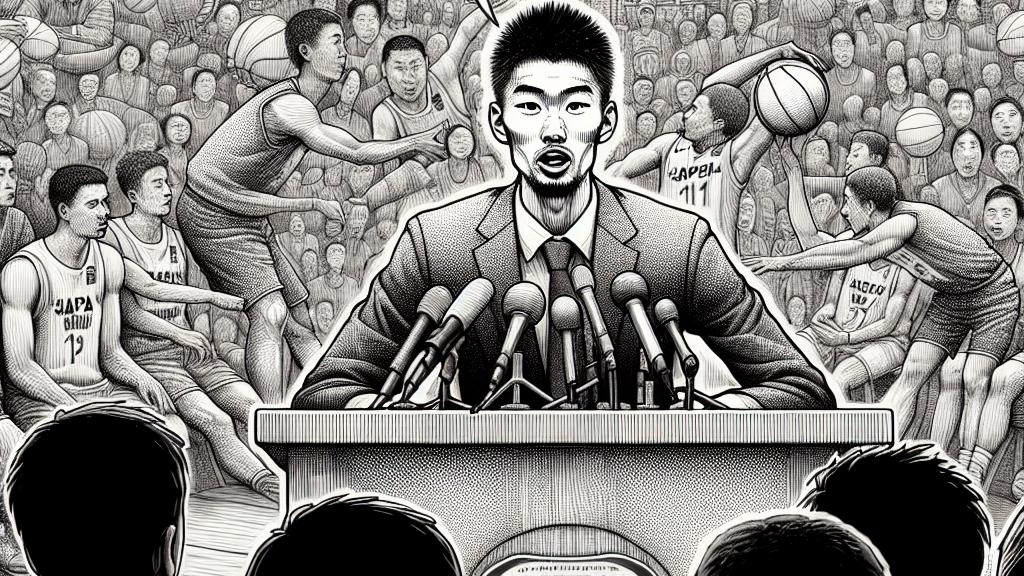Hachimura's Concerns About Japan Basketball Association
Overview
- Rui Hachimura articulates serious concerns regarding the Japan Basketball Association's priorities.
- He calls for a transformative reassessment of coaching practices and emphasizes a player-centered approach.
- Hachimura highlights the notable gap between Japan's training methodologies and those employed globally.

Hachimura's Eye-Opening Critique
Rui Hachimura, the renowned NBA player and pillar of the Japanese national basketball team, has bravely shared his candid observations about the Japan Basketball Association (JBA) in a recent media session held in Los Angeles. This wasn't just a casual conversation; it was a bold critique of the association's apparent prioritization of its own interests over the needs and aspirations of the players. Hachimura articulated his feelings with conviction, emphasizing the significant discrepancy between Japan's training regimens and those utilized by top international teams. For example, while elite teams in the NBA undergo rigorous, innovative training practices designed to hone their skills, he believes Japan's methods could be reformed to better align with these global standards, ensuring that players are truly prepared for the fiercest competitions.
A Call for Essential Change
Following Hachimura's impactful remarks, the Japan Basketball Association has responded, recognizing the urgent need for improved communication with its players. They admitted lacking sufficient dialogue in the past, which could have fostered a more collaborative atmosphere. Hachimura didn't mince words when expressing his disappointment regarding the continuation of head coach Tom Horvath, whom he believes doesn't bring the kind of modern, competitive insight that the team desperately needs. Instead, Hachimura calls for coaches who understand the evolving landscape of basketball—individuals well-versed in innovative strategies and capable of cultivating talent in a way that resonates with today's demands. By prioritizing genuine growth and development, the JBA could create a nurturing environment that translates into success on the court.
Envisioning a Thriving Future
Despite these pressing concerns, Hachimura exudes optimism about his future with the national team, especially with the Los Angeles Olympics approaching in 2028. Yet, beneath this optimism lies a complex struggle; he is committed to representing Japan, yet recognizes the importance of a transformative shift within the team. He envisions a scenario in which the national team not only competes but stands as a beacon of hope and aspiration for future generations of players. Hachimura stresses that to inspire young athletes across Japan, the team must adopt a player-first mentality—one that emphasizes individual development and creates paths for its players to shine on the international stage. By undergoing such a profound change, Japan can evolve into not just a competitor, but a powerhouse in global basketball.

Loading...